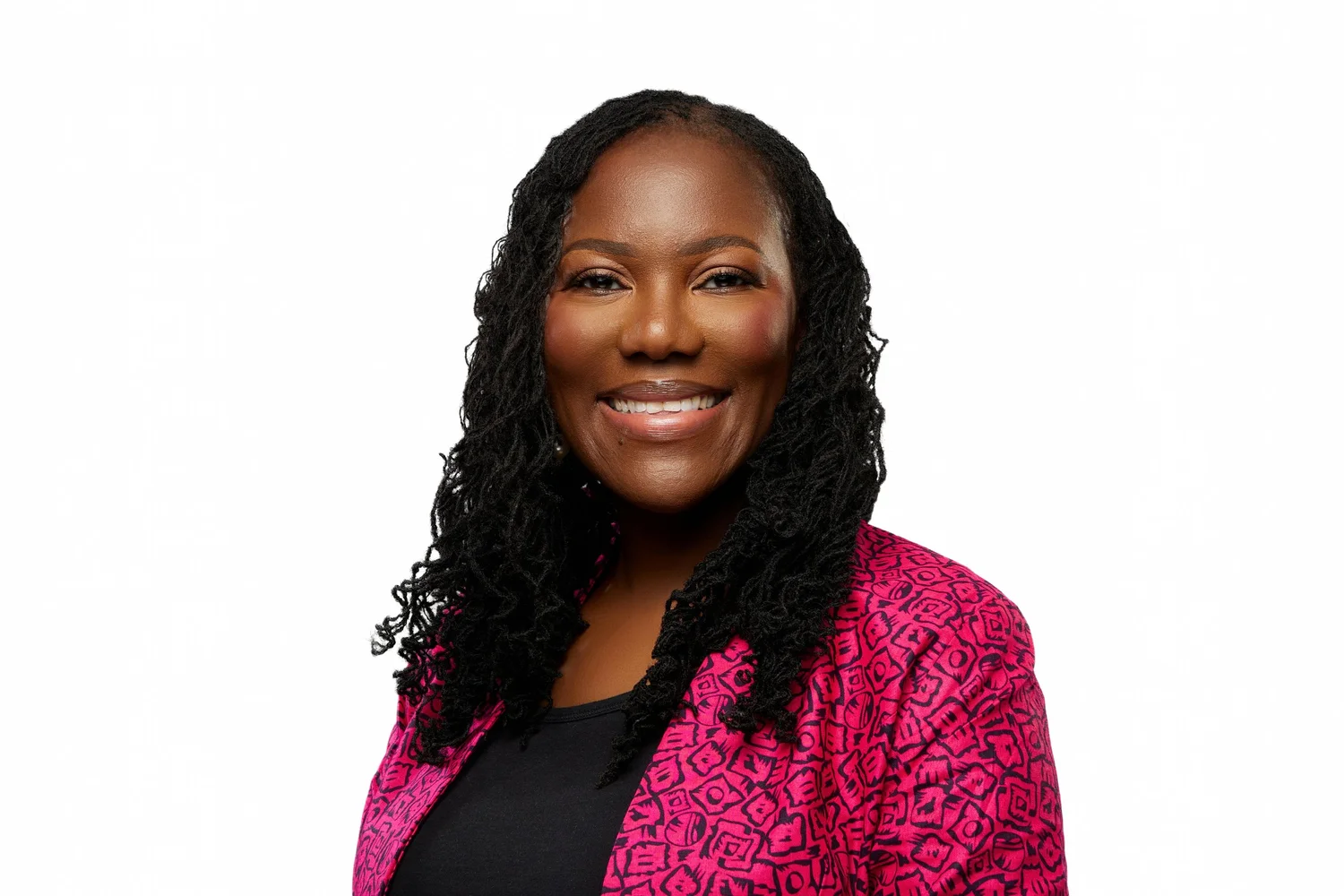Florida's Social Studies Curriculum and Alpha Phi Alpha Fraternity, Incorporated.
/Minimal media attention was afforded the decision made by Alpha Phi Alpha, Fraternity Incorporated, the oldest Black collegiate fraternity in the United States, to relocate its 2025 convention out of Florida because of that state’s “hostile” policies to African Americans. The fraternity’s Board of Directors decided that it could no longer bring its 99th General Convention and the $4.6 million economic impact projected from the gathering to Orlando after revelation of Florida’s new K-12 social studies curriculum that grossly distorts African American history. The assault on accurate and inclusive accounts of United States history was only the latest issue that gave the organization pause. Florida’s discriminatory policies with respect to voting and diversity, equity, and inclusion initiatives also played a role in leading fraternity leaders to boycott the Orange State.
Leading historians of the Black experience in the United States including Tera Hunter and Albert Broussard have found much of Florida’s curriculum to be problematic and ahistorical with respect to Black history. For example, a unit on slavery asserts that “slaves developed skills, which, in some instances, could be applied for their personal benefit,” ignoring the fact that Africans were skilled before they were enslaved. Suggesting that slavery had any redeeming qualities serves to rationalize the peculiar institution as a “positive good.” The curriculum section on Black communities after Reconstruction instructs educators to teach students about “violence perpetrated against and by African Americans” during race massacres such as the 1906 Atlanta Race Riot and the 1921 Tulsa Massacre. In reality, white people started and led race riots throughout the twentieth century out of anger about Black prosperity and voting rights. The “both sides” argument of the curriculum serves to minimize or explain away white racism.
Alpha Phi Alpha Fraternity, Incorporated refused to remain silent and be party to Florida’s dangerous lies that ignore our nation’s history of systemic racism and racial violence because of their founders’ vision and the group’s long history of social action. The organization was founded on December 4, 1906, at Cornell University by seven college-educated Black men who faced racism and isolation at the Ivy League institution. Years after the founding, Henry Arthur Callis, one of the fraternity founders, explained that the organization “was born in the shadows of slavery, on the lap of disenfranchisement. We proposed to foster scholarship and excellence among students; to bring leadership and vision to the social problems of our communities and nation; to fight with courage and self-sacrifice every bar to the democratic way of life.” Thus, the organization’s mission required leaders to move the 2025 convention despite possibly incurring financial costs from breaking hotel contracts. Dr. Everett Ward, the 35th General President of the fraternity, in explaining his organization’s decision, asserted that “DeSantis’s actions have longer implications than a 4-day convention.”
Since its founding, Alpha Phi Alpha Fraternity, Incorporated has been in the vanguard of securing and protecting the citizenship rights of African Americans. For example, throughout the 1920s, the fraternity donated funds to the National Association for the Advancement of Colored People (NAACP) to support passage of a federal antilynching law. From 1935 until 1938, Alpha Phi Alpha paid the tuition and fees of Donald Murray, a black man who successfully sued for admission and desegregated the University of Maryland’s Law School. In 1939, the organization threatened a boycott of the New York World’s Fair if the event’s organizers did not provide African Americans with equal employment opportunities. During the Montgomery Bus Boycott in 1955-1956, Alphas donated nearly $5,000 to support desegregation of city buses. More recently, the fraternity has decried efforts by the federal government to house suspected terrorists in places abroad where due process does not exist and torture is condoned.
The recent action taken to oppose Florida’s hostility to African Americans is one that the fraternity has pursued before. In 2010, Alpha Phi Alpha moved its convention out of Phoenix, Arizona, after Arizona’s legislature passed laws discriminating against Hispanics.
Alpha Phi Alpha’s concern about inaccurate accounts of history that downplay the role of racism in United State is not surprising given the fraternity’s long and illustrious membership that includes several renowned historians of African American history. Members of the organization include W.E.B. Du Bois, the first African American to earn a Ph.D. from Harvard, which he earned in History in 1895 and Rayford Logan, another Harvard History Ph.D., who chaired the Department of History at Howard University and coined the phrase “nadir of American race relations” to describe post-Reconstruction America. Other Alphas who are also trained historians who have shaped our understanding of the past include Charles Harris Wesley, John Hope Franklin, Robert L. Harris, Jr., Stefan Bradley, Reginald Ellis, and Jarvis Givens.
The fraternity’s decision to move its national convention demonstrates the seriousness and urgency of ensuring that children in K-12 schools receive a quality education that prepares them to understand, confront, and solve our nation’s ongoing problems including racial disparities in education, healthcare, and the criminal justice system. It remains to be seen if other organizations will follow the Alphas’ lead and take their revenues elsewhere in defense of Black history. The Association for the Study of African American Life and History has taken a different approach by going into the belly of the beast and holding a national meeting about Black History in Jacksonville, Florida. Whether resisting by withholding revenues or holding teach-ins, it is imperative that Florida officials are not allowed to rewrite history and ignore the ugly and uncomfortable truths about our nation’s past.


